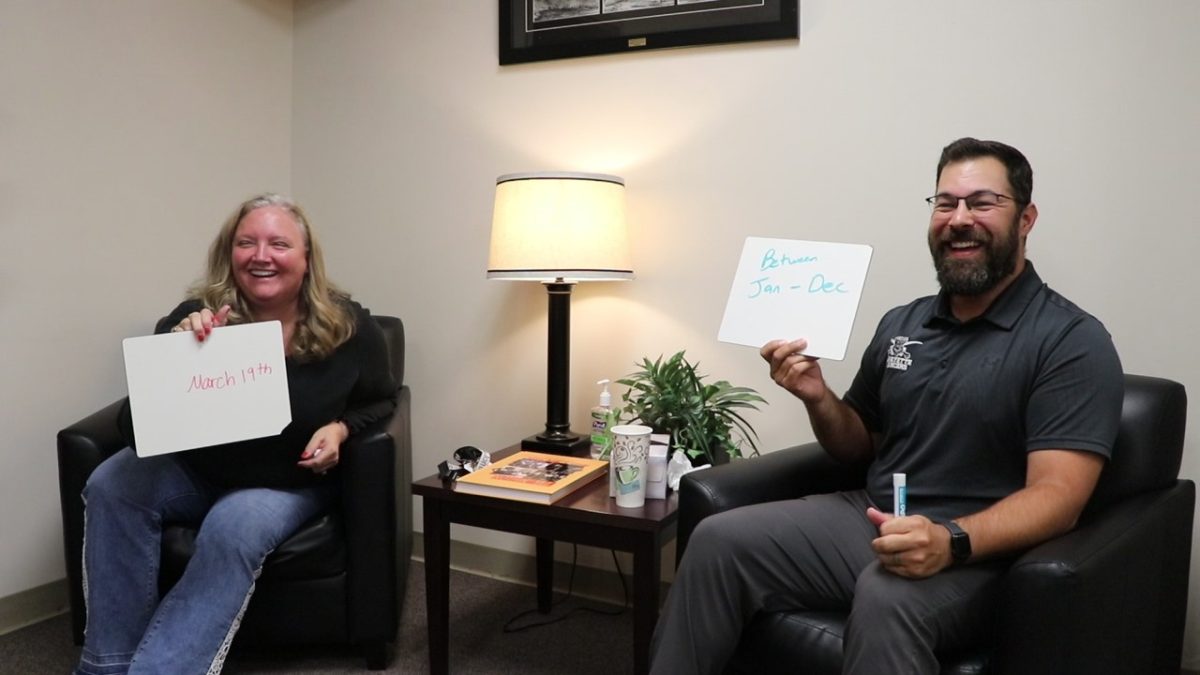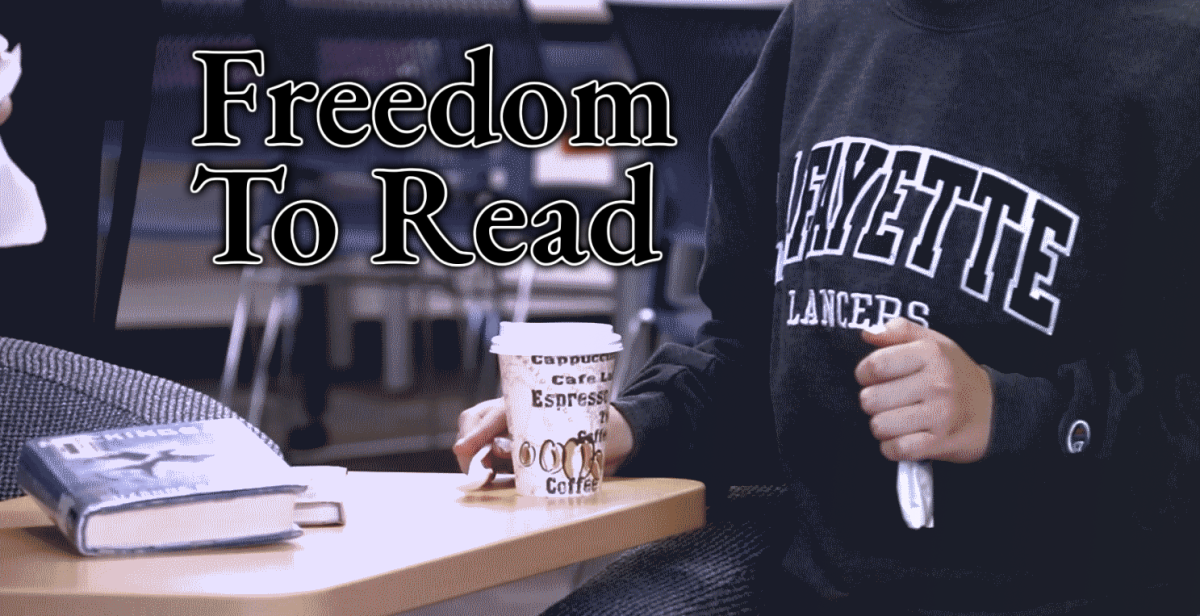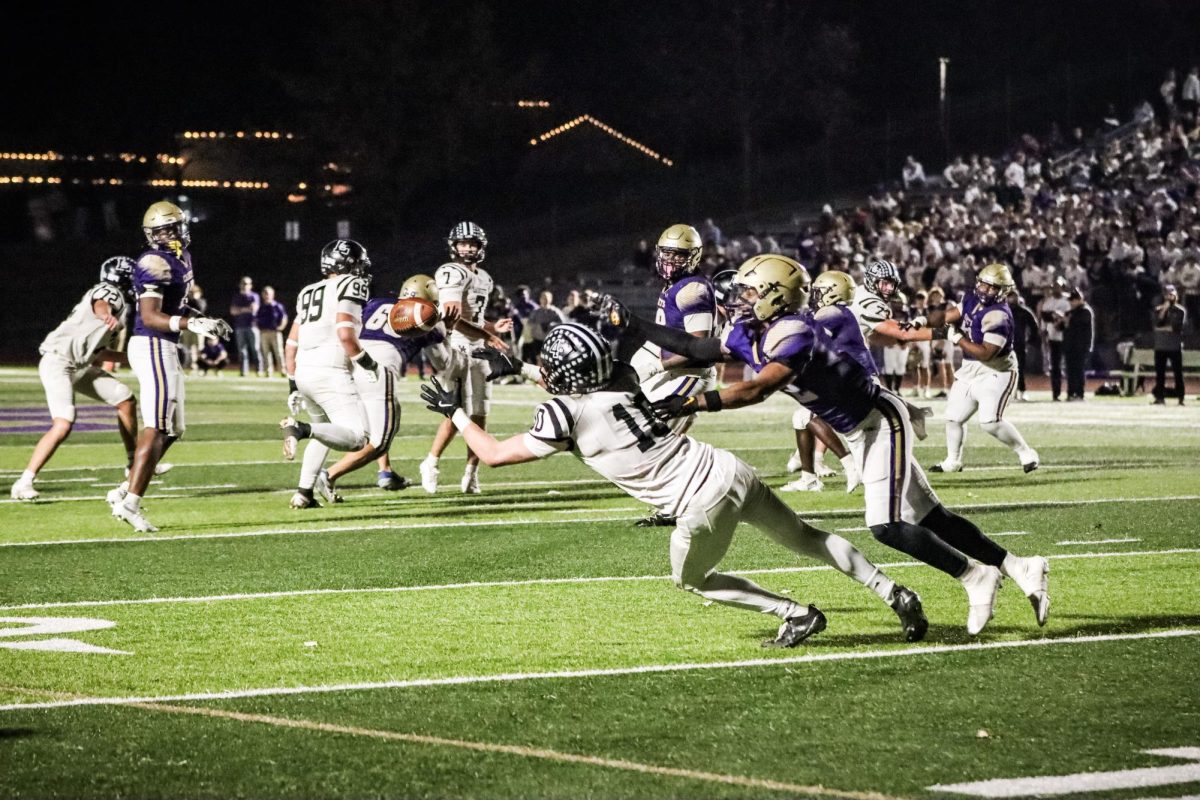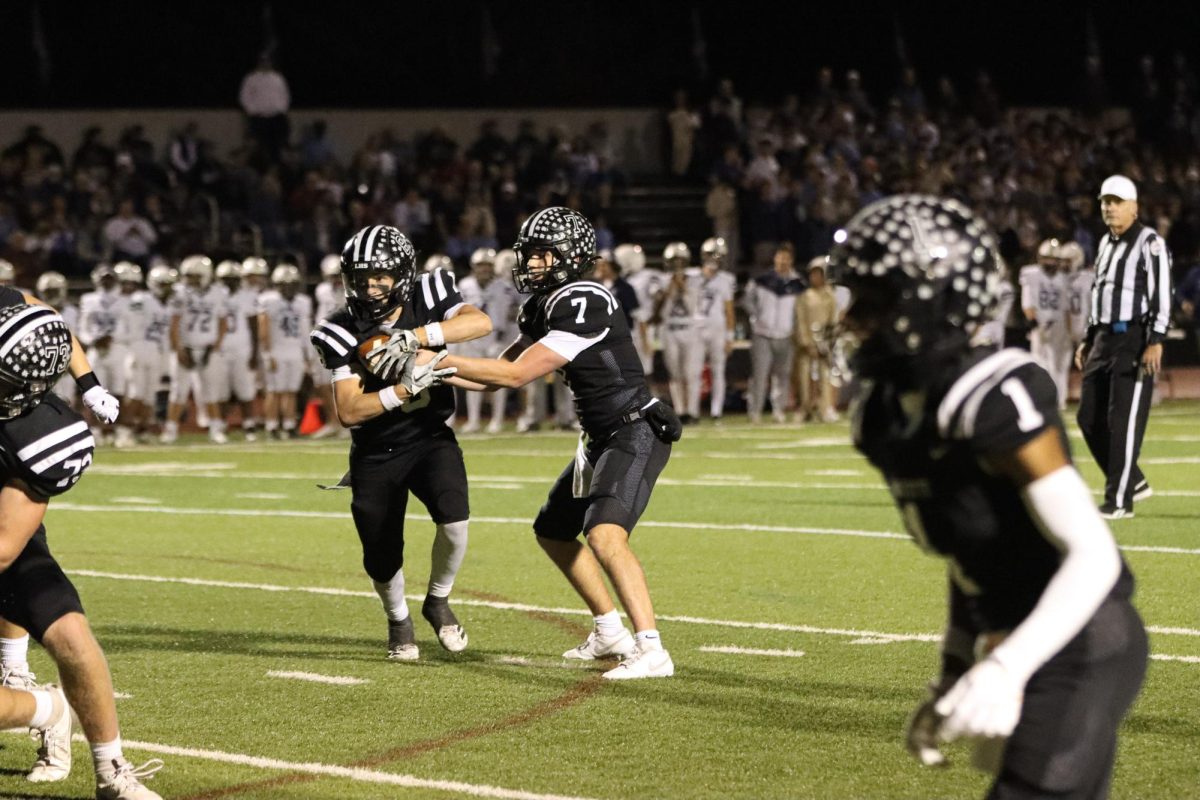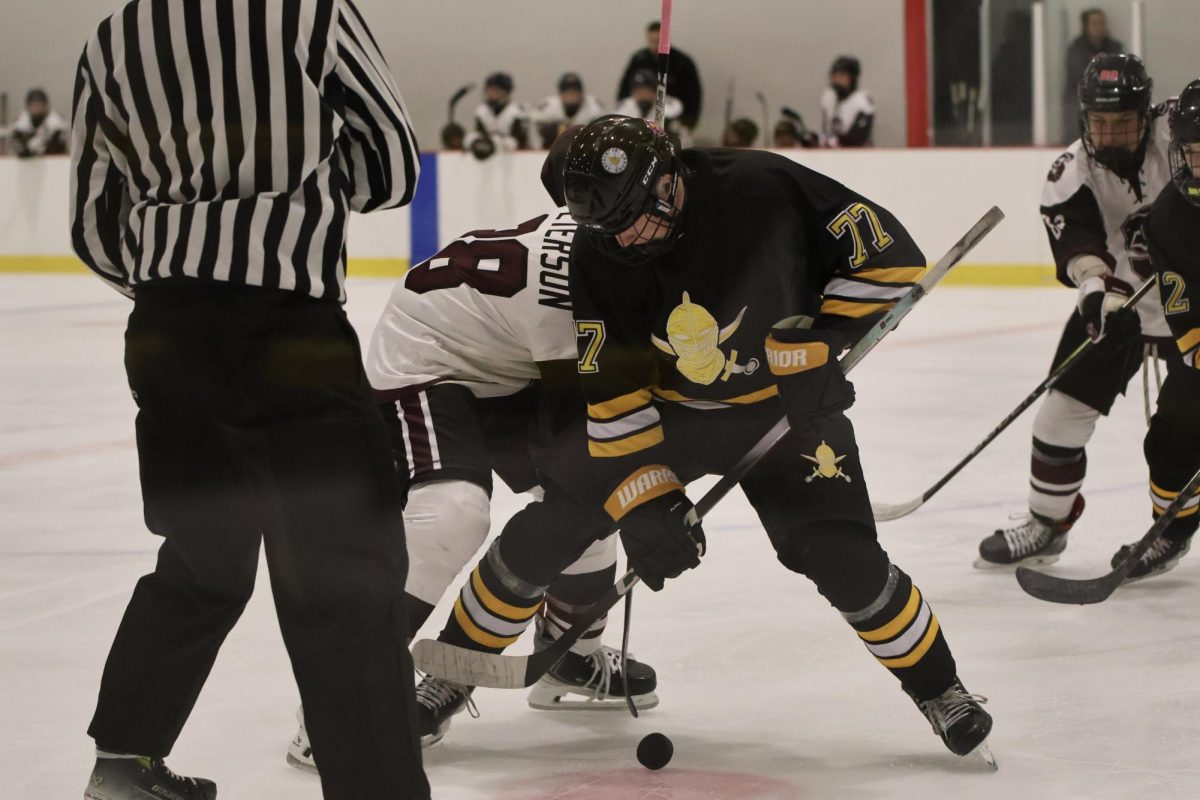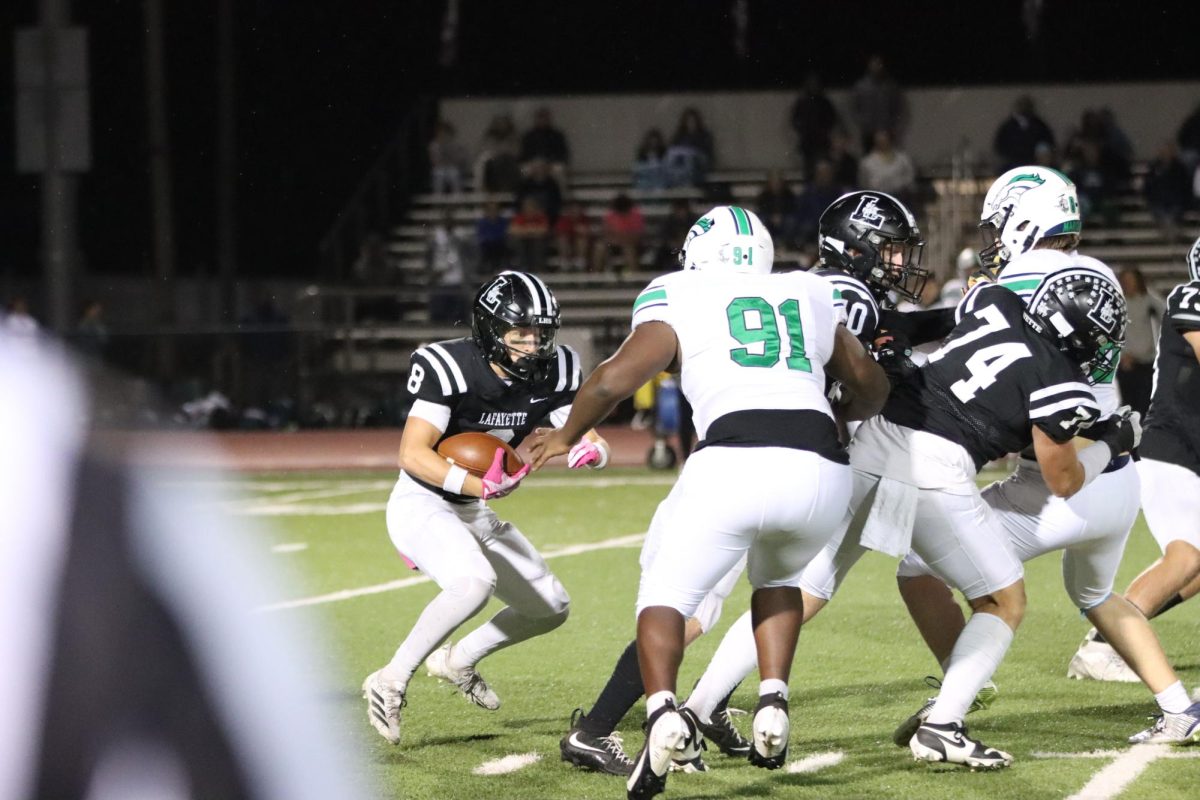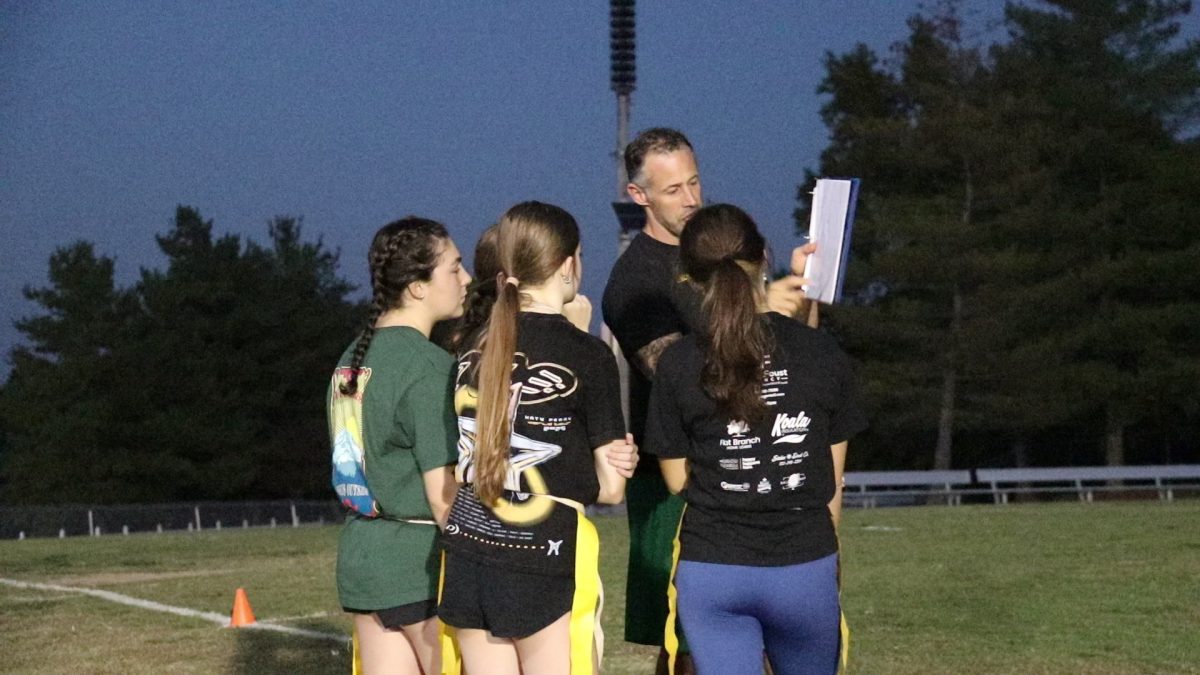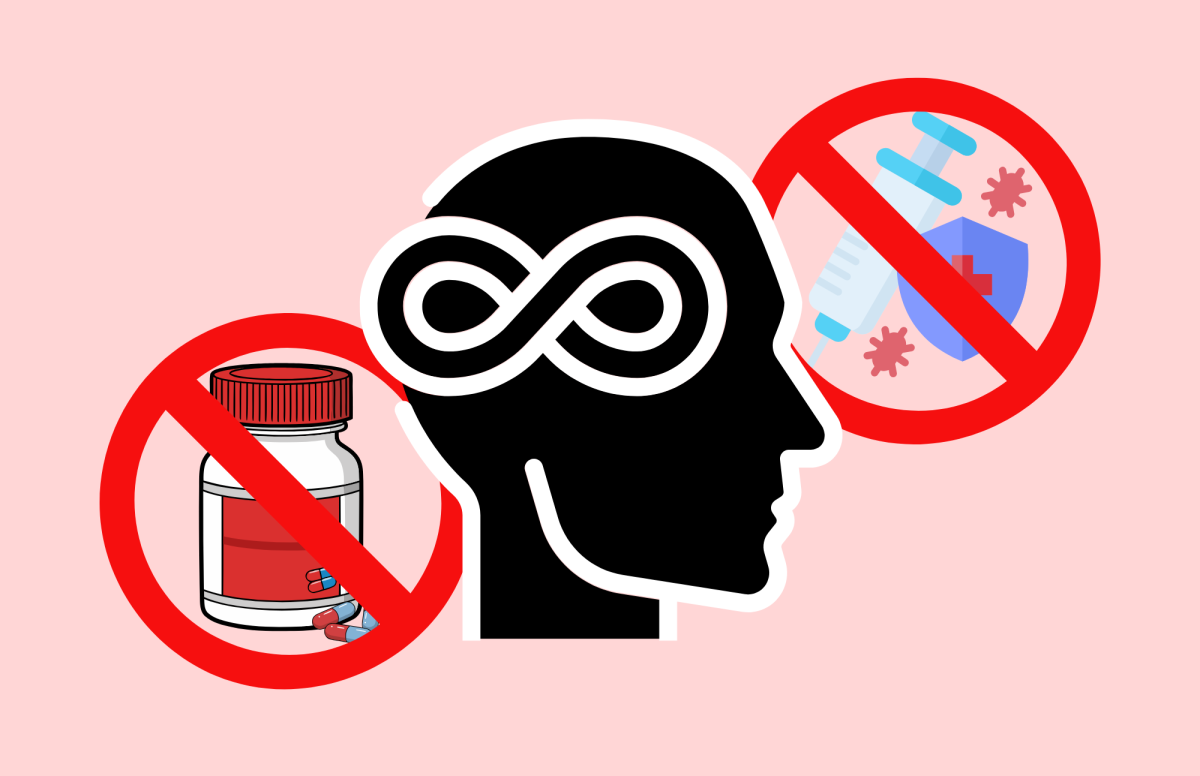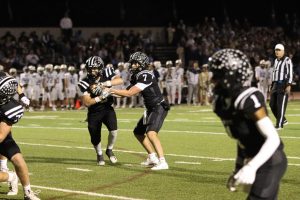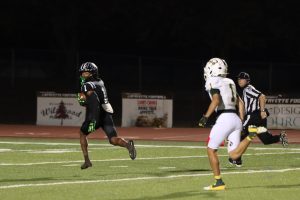Kneeling during the National Anthem does not necessarily mean hatred and lack of patriotism towards the U.S.
September 25, 2017
We can all agree that no country is entirely perfect.
No government has solved every problem there is to solve, fed every impoverished family there is to feed and healed all rifts between racial and social groups that there is to heal. So why must we pretend that the United States is without flaw? And why is it taboo to point out and protest against these faults?
The recent acts of dissent exemplified by NFL players during the National Anthem perfectly demonstrates the rights guaranteed to American citizens via the First Amendment, which allows freedom of peaceful protest and assembly. If the topic at hand was the legality of the situation rather than the morality, the law would clearly favor the athletes.
These players’ act of defiance is not physically harming anyone, but it sure is attracting the negative feedback of fellow Americans who feel the gesture is disrespectful and against what the United States stands for.
The thing is, though, these quiet but powerful protests mean something entirely different.
These acts of protest from athletes are a result of frequent reports of police brutality against African-Americans and the still-prevalent racism found throughout the country. Kneeling during the anthem is not a lack of patriotism or symbol of hate for America; it’s an acknowledgment of problems that affect minority groups, particularly African-Americans, that are all too often swept under the rug.
For those concerned with the morality of the athletes’ actions: a quiet and peaceful objection to certain aspects of a system that, in the opinion of many minorities, is failing them is nothing to throw a fit over. No one should feel obligated to stand for a song that represents a system they feel doesn’t fully represent their rights and freedom; it’s not a matter of disrespect, it’s a matter of recognizing that a problem exists.

